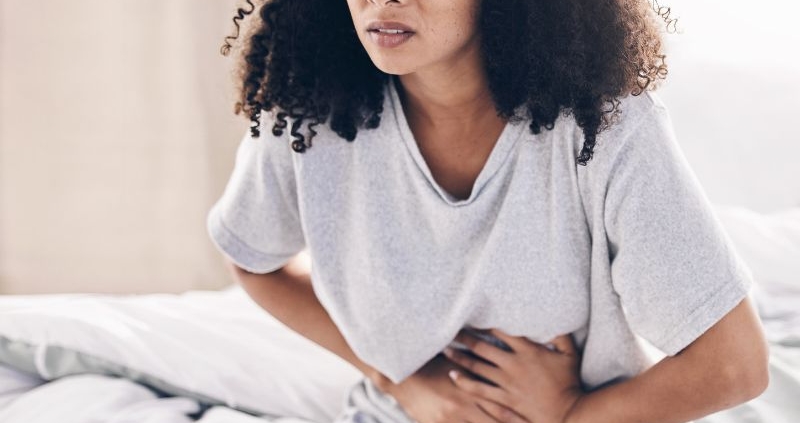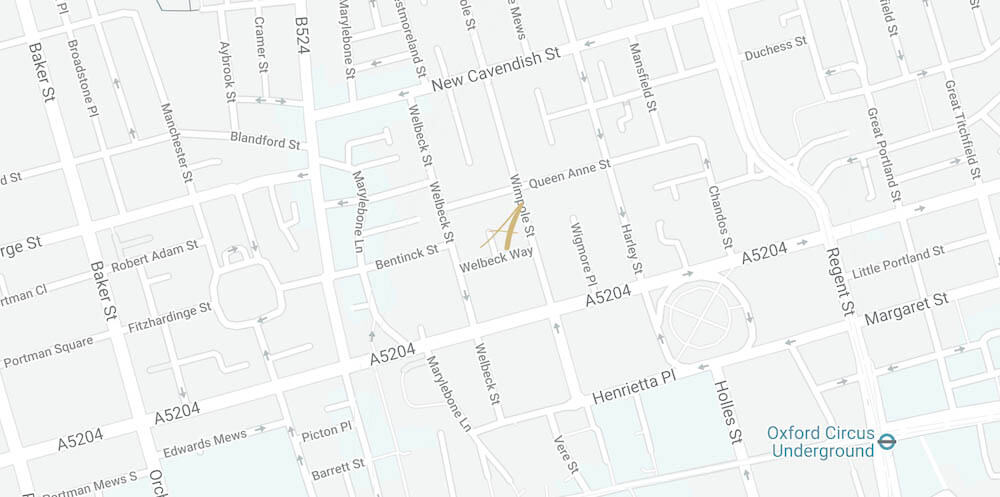Can I still get pregnant if I have endometriosis?
The good news is that if you’re suffering from endometriosis, it is still possible to conceive without intervention. It is estimated that 60 to 70% of women with mild to moderate endometriosis can get pregnant spontaneously. However, there is a link between endometriosis and infertility although it is not clear exactly why women with this condition may have a harder time becoming pregnant.
What is endometriosis?
Endometriosis is a very common, chronic gynaecological condition. The endometrium is the lining of the inner uterine wall and sometimes it can grow outside of the uterus. The most common places affected are the ovaries and fallopian tubes, but it can also affect the pelvis, bladder and intestines.
Even outside of the uterus, these abnormal tissue growths respond to the hormonal changes that occur during your menstrual cycle. This means that in women of a reproductive age, the growths thicken and then break down. As the tissue cannot leave the body in the normal way, pain and scarring occurs.
Reasons why you may have difficulty conceiving
Although the exact cause has not been identified, there are several reasons why approximately 40% of women with infertility have endometriosis:
- Scarring can make it harder for the ovary to release an egg or block the egg from reaching the fallopian tube to be fertilised
- Ovarian endometriosis can affect ovulation and the number of mature eggs that are released
- Inflammation creates an inhospitable environment that affects both the egg and sperm, making fertilisation and subsequent implantation more challenging
Endometriosis and infertility: your next steps
Endometriosis can affect women of any age and can present from very early on. If you have been diagnosed with endometriosis, seeing a fertility specialist is recommended even if you’re not considering getting pregnant at that point.
A fertility specialist can assess the quantity and quality of your viable eggs, known as your ovarian reserve, as well as check the condition of your fallopian tubes or tubal patency. They will also assess your uterine cavity. This combined with the severity of your symptoms and your age, will be critical in determining the best treatment option.
These include laparoscopic endometriosis surgery, but this can reduce your ovarian reserve. When ready to start trying to conceive, IVF is often recommended although the success rates of IVF for those with endometriosis is about half that for those with other fertility issues.
Egg freezing is also an important treatment option to consider if you want to start a family in the future as endometriosis often gets progressively worse coupled with a natural decrease in fertility as you age.
If you’re worried about endometriosis and infertility, call +44 (0) 203 263 6025 to arrange a consultation with one of fertility experts. Consultant gynaecologist, Dr Amanda Tozer leads the Aria Women’s health clinic and provides bespoke gynae services. She has spent more than 20 years assisting couples experiencing infertility and trouble conceiving.







